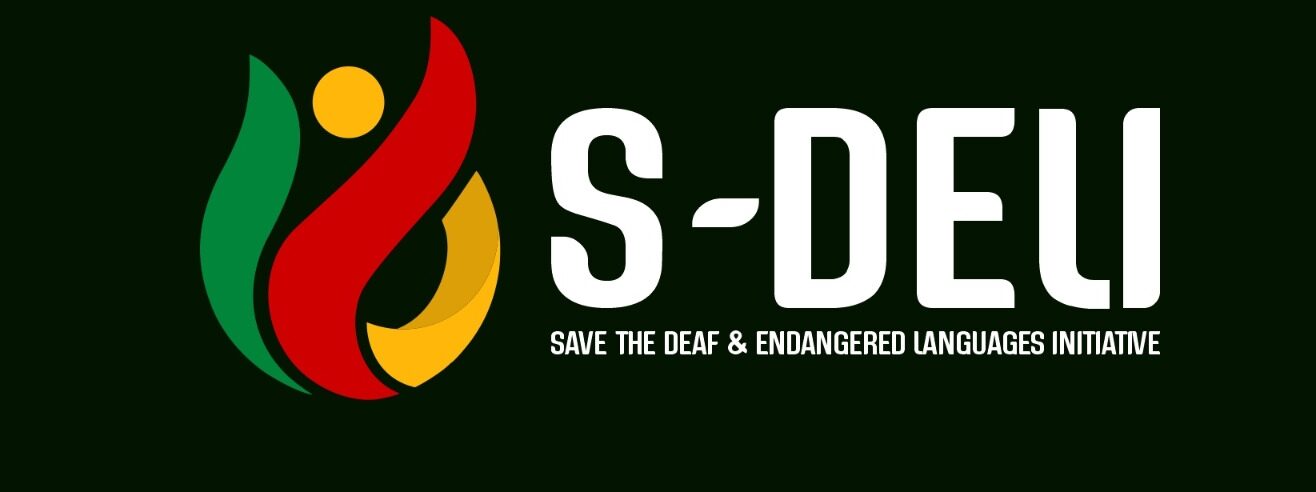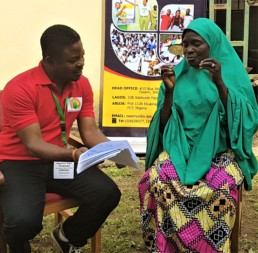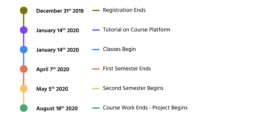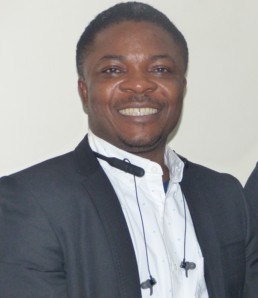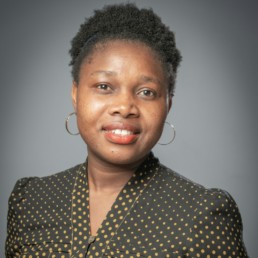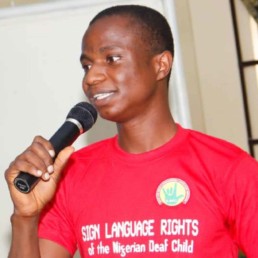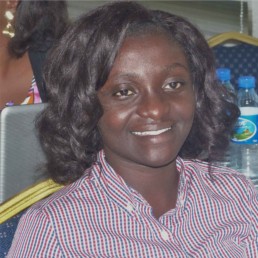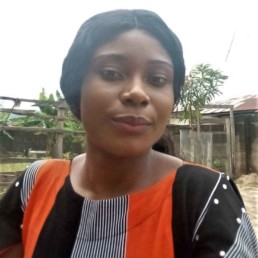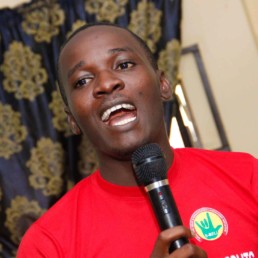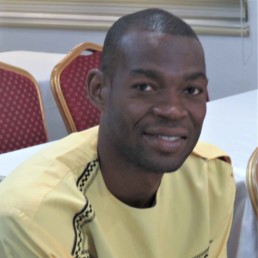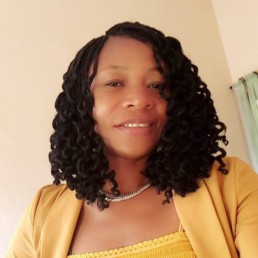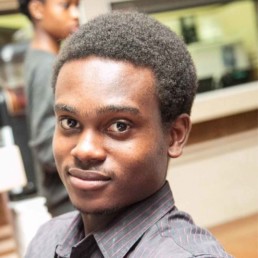A Course Designed for African Sign Linguists, Interpreters and Scholars
In our continued efforts towards the documentation, development, and revitalization of indigenous signed languages in Africa, we have often emphasized on the roles indigenous sign language interpreters and linguistics scholars can play for the successful development of indigenous African signed languages and the deaf communities. In about five years of research in deaf communities in Africa, we have concluded that there is want of studies in the field of signed language linguistics and that the continued imperialistic presence of foreign signed languages in African deaf communities has done the indigenous signed languages and the deaf cultures no much good. Many African signed languages have remained critically endangered, understudied, and many African deaf communities and individuals remain underdeveloped. We have also realized that the three key players that can change the narrative in a collaborative effort are:
- Deaf (Native) signers
- Sign language interpreters and
- Sign linguistics scholars/researchers
However, for there to be a perfect synergy among these three catalysts in the needed intervention for the development of indigenous African signed languages and their studies, there is need for the professional development of the practitioners across the board. But there is as much want of sign linguistics studies as there is want of sign linguists. Similarly, indigenous deaf signers are not given to linguistics studies and sign language interpreters lack the professional development needed for their service delivery in theory and in principle in our contemporary world.
Consequently, we have decisively taken this bold step to provide the basic training that will bring the above listed three key players to synergize for the advancement of signed language studies and the development of deaf communities in Africa. This online certificate training is therefore designed to benefit sign language interpreters, linguistics scholars and students with no signed language background and deaf signers with no linguistics knowledge in Africa, especially in countries where such training is totally lacking, such as Nigeria and many others.
Course Objectives
The general goal of this course can be summed up to two sentences:
- To improve the standard of signed language research and interpreting in Africa and to provide training to individuals and entities that would introduce the needed regulation in interpreting profession in Africa.
- To bring signed language studies and interpreting in Africa to the global standard, portraying African deaf cultures
Expected Outcomes
On a general note, the participants in this training shall, at the end of this course:
- Show an adequate knowledge of the basics of signed language linguistics, interpreting and signed language documentation.
- Specifically, sign language interpreters will demonstrate knowledge of the grammar of signed and its application to African signed languages.
- Signed language interpreters will as well be able to demonstrate an improved skill set in their service delivery to the deaf community.
- Shall see the need for further and advanced developmental trainings.
- Shall become advocates for the development of indigenous African signed languages and the implementation of early intervention programs for deaf children.
Course Timeline
Course Content
First Semester
AFSL 101 – Intro to African Signed Language Linguistics 1 – 2 credits
Second Semester
AFSL 102 – Intro to African Signed Language Linguistics 2 – 2 credits
AFSL 108 – Fieldwork/Practicum – 3 credits
Topics
- African Signed Languages: A Diachronic Study
-
- Precolonial Times
- Colonial Times
- Early Postcolonial till date
- African Signed Languages: A Synchronic Study
- The Grammar of African Signed Languages
- Deaf Culture and Deaf People: A Historical Perspective
- History of Signed Language Interpreting in Africa
- The Signed Language Interpreter as a Messenger
- The Message or the Messenger?
- Signed Language Acquisition, Modeling and Interpreting
Note: All signed language examples will be taken from African Sign Languages except where example is not available in a documented African Sign Language, then will be taken from any foreign signed language. All other examples of practices and models may be taken from any closest source or most relevant source.
Instructors
Emma Asonye, Ph.D
Field Linguist & Speech and Hearing Scientist,
Visiting Research Scholar at the University of New Mexico
Dr. Emmanuel Asonye had his bachelor’s and master’s degree in Linguistics and Igbo Studies and his doctoral in Linguistics and Communications from the University of Port Harcourt, Nigeria. During and after his doctoral, he had several other nondegree trainings in Speech and Hearing Sciences, Sign language linguistics and language documentation, all of which make up the core of his research interest. Since 2014, Dr. Asonye and his team have been collecting signed language and Deaf demographic data from the Nigerian Deaf community through a research-based NGO he founded, Save the Deaf and Endangered Languages Initiative. He is working to develop the first online (and offline) dictionary of indigenous Nigerian Sign Language(s) to create language access for several deaf children with limited or no language access in their critical child development age. As a result, he is studying deaf child language acquisition and literacy in Nigeria and Africa at large.
Dr. Emmanuel Asonye joined Africana Studies in 2019 as a Research Scholar after serving in the same position for three years in the UNM Linguistics Department. In addition to documenting the indigenous signed languages of Nigerian deaf community, which he sees as a lifetime project, He is interested in investigating identity crisis and language barrier among African refugees in New Mexico, a study in which he did a pilot project in 2017, funded by Office of Diversity and Inclusion, UNM and Albuquerque Foundations. He is equally working to establish an African Language and Culture Institute with Africana Studies, which will have a study abroad piece. Dr. Asonye will be teaching a series of courses on “Decolonizing African Culture Communication System” and “Creating Language Access for the Linguistically and Culturally Marginalized African Diaspora in the Southwest”.
Mary Edward
University of Brighton, UK
Mary Edward holds a BA (English and Linguistics) from the University of Ghana and MA (Linguistics) from the University of Bergen, Norway. She is currently a PhD student at the University of Brighton (UK) and her project investigates iconicity in two sign languages used in Ghana (Ghanaian Sign Language and Adamorobe Sign Language). Mary’s research interests include sign language linguistics and documentation, Deaf Culture, Deaf Studies and discourse analysis. Mary has presented her research works in several international conferences and authored papers on several topics on Ghanaian and Adamorobe Sign Languages and the Deaf communities in Ghana and Nigeria.
Support Team
Samuel Henshaw
Linguist & Web Developer
Onyinyechi Nwandikom
Master’s student,
History and International Studies,
Imo State University
Blessing Ini
Sign Language Interpreter &
Student of Communication and Media Studies
Ben Okon
Linguist and a Graduate Assistant,
Arthur Jarvis University, Calabar
Ohakwe Onyediziri
Sign Language Interpreter &
Technician
Chidimma Egenti, Ph.D.
Linguist & Senior Lecturer,
Nnamdi Azikiwe University, Awka
Carl Agbenyega
Web Administrator
